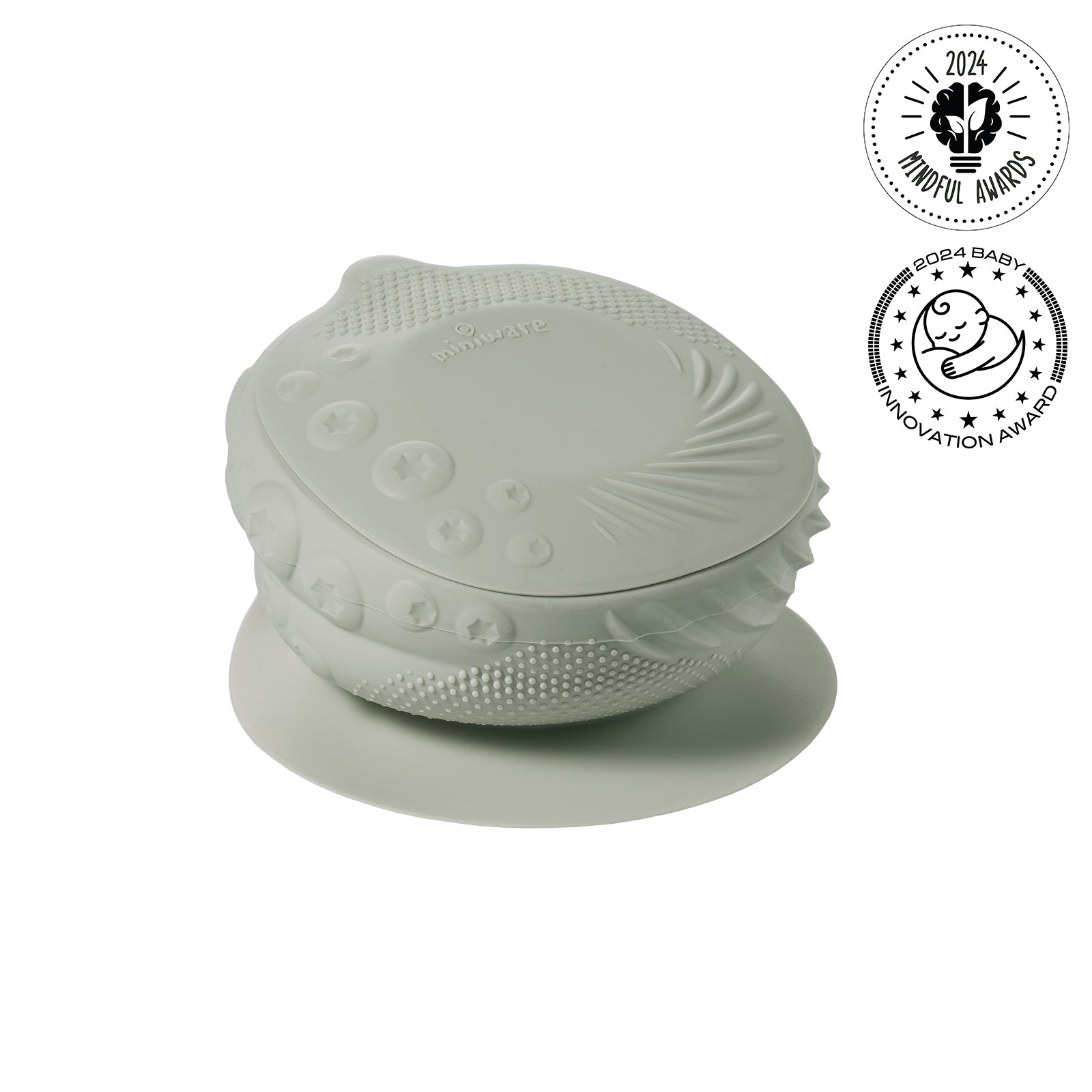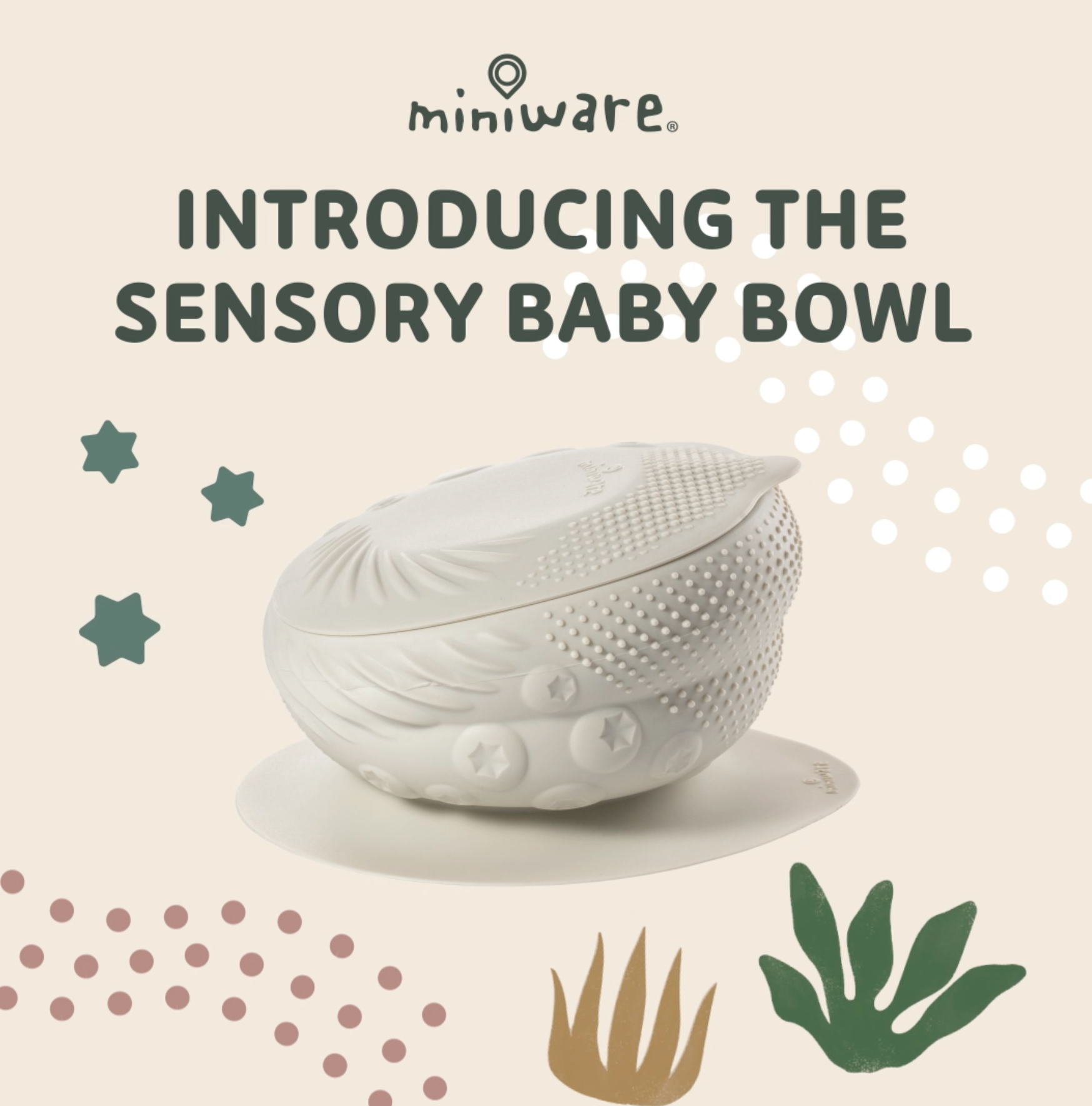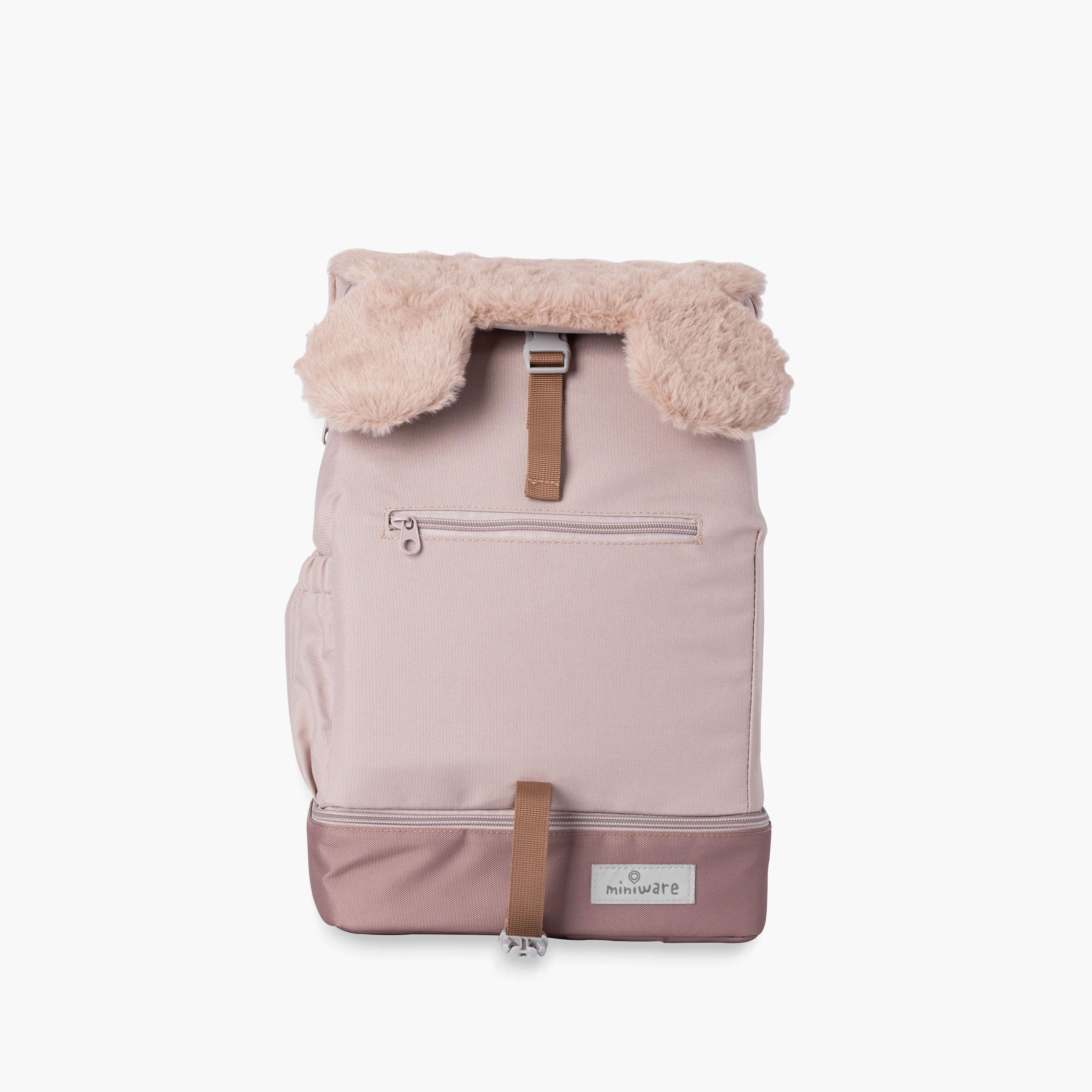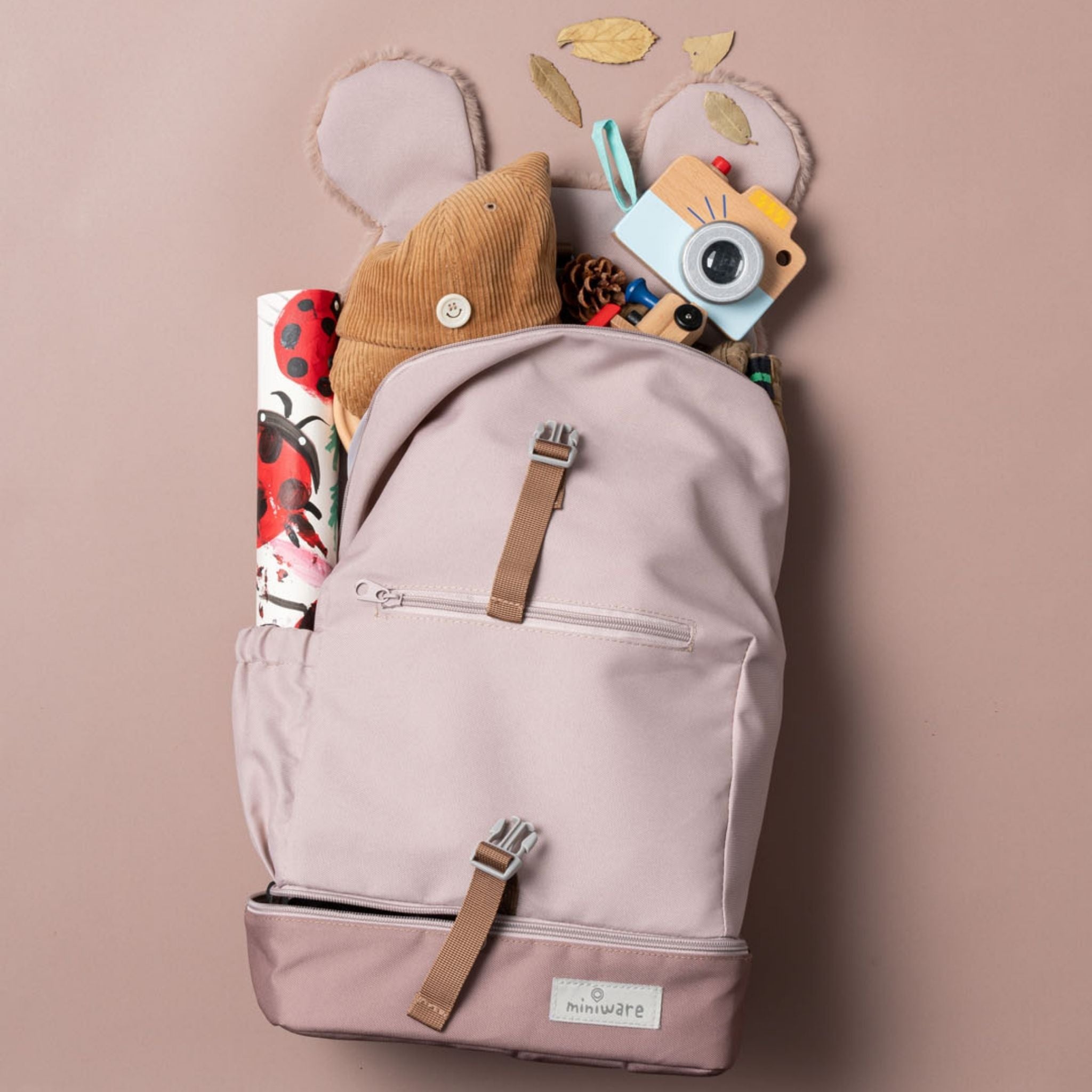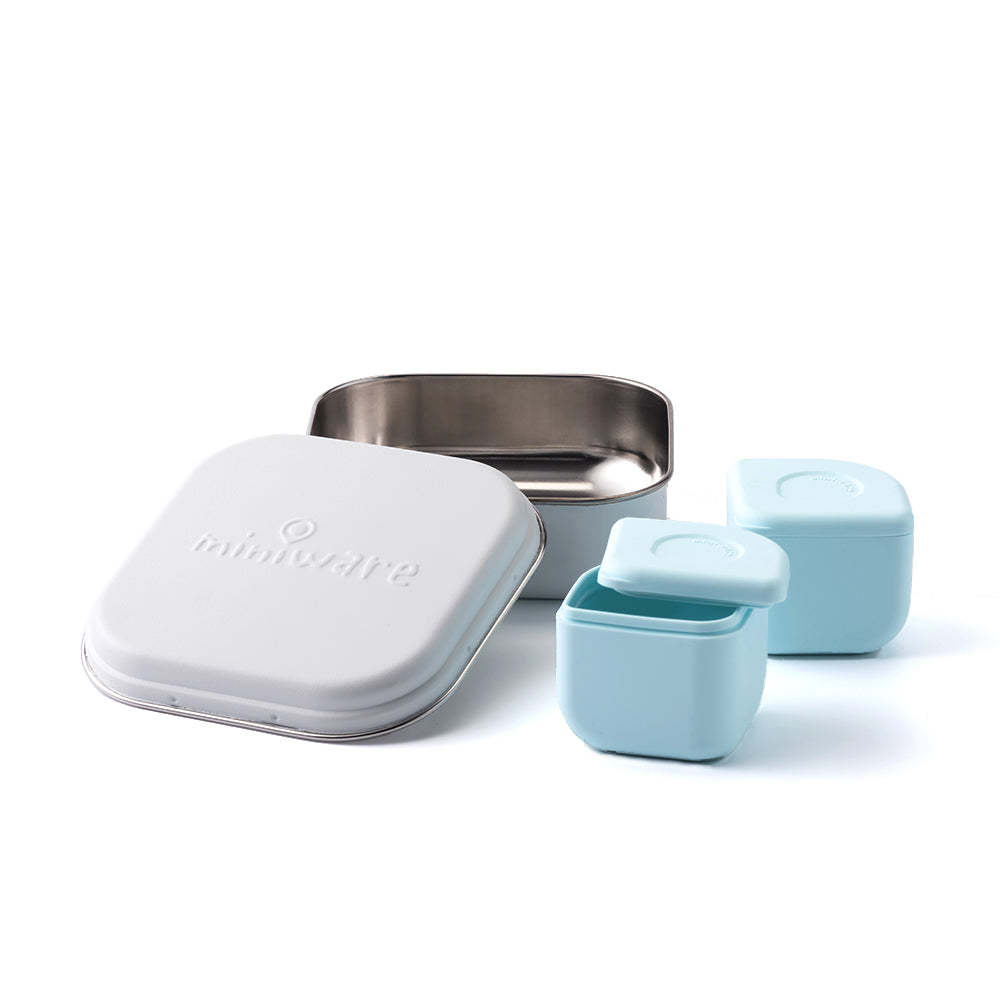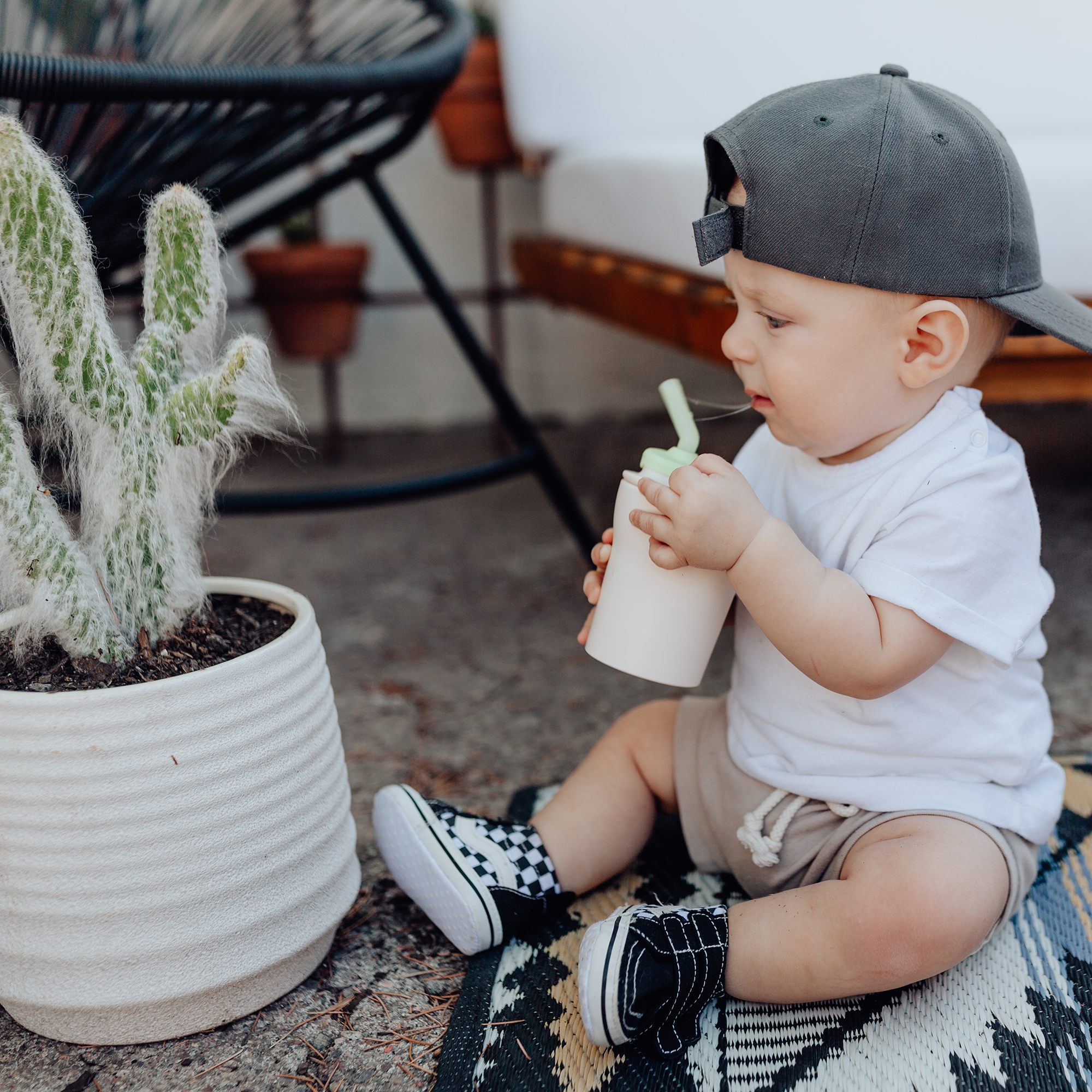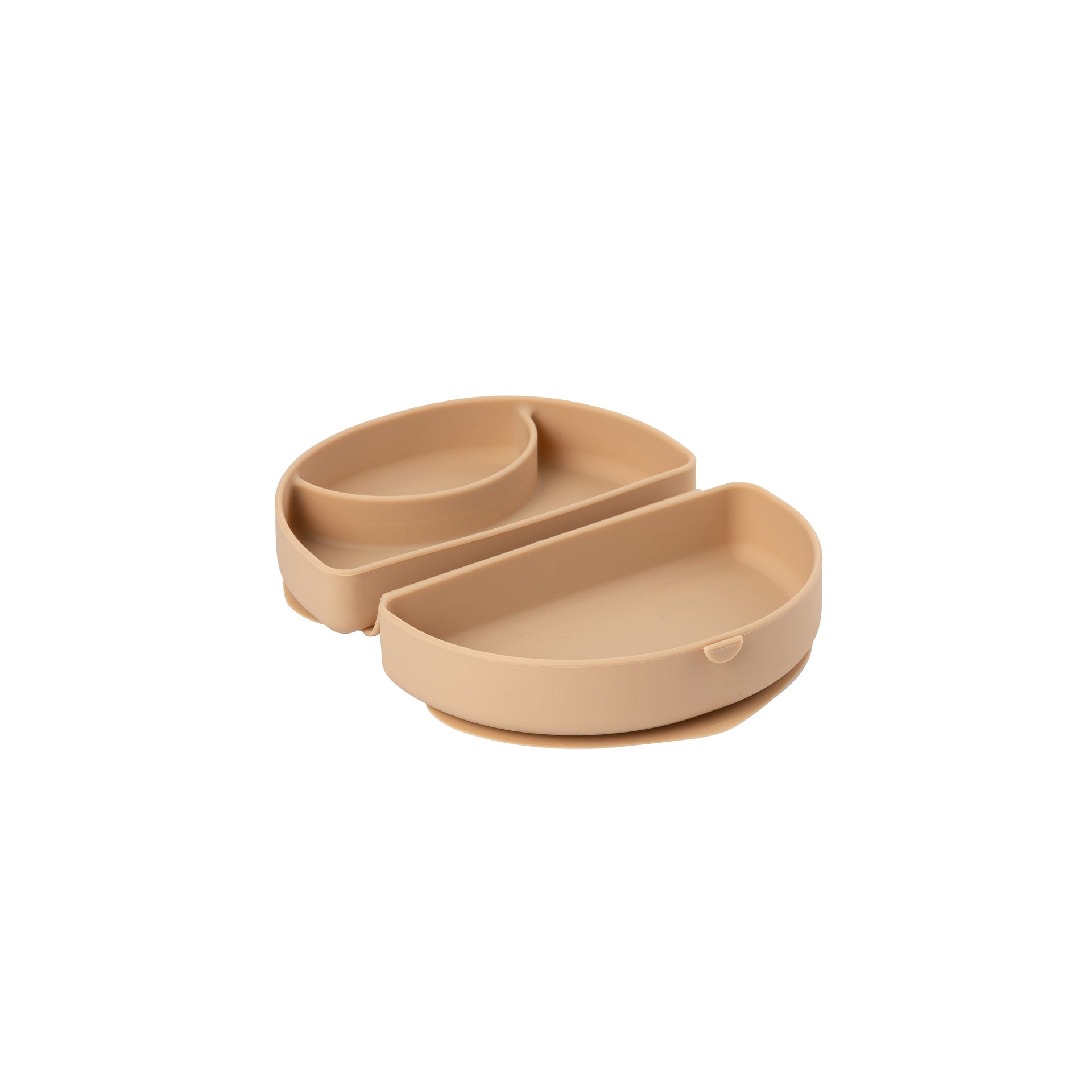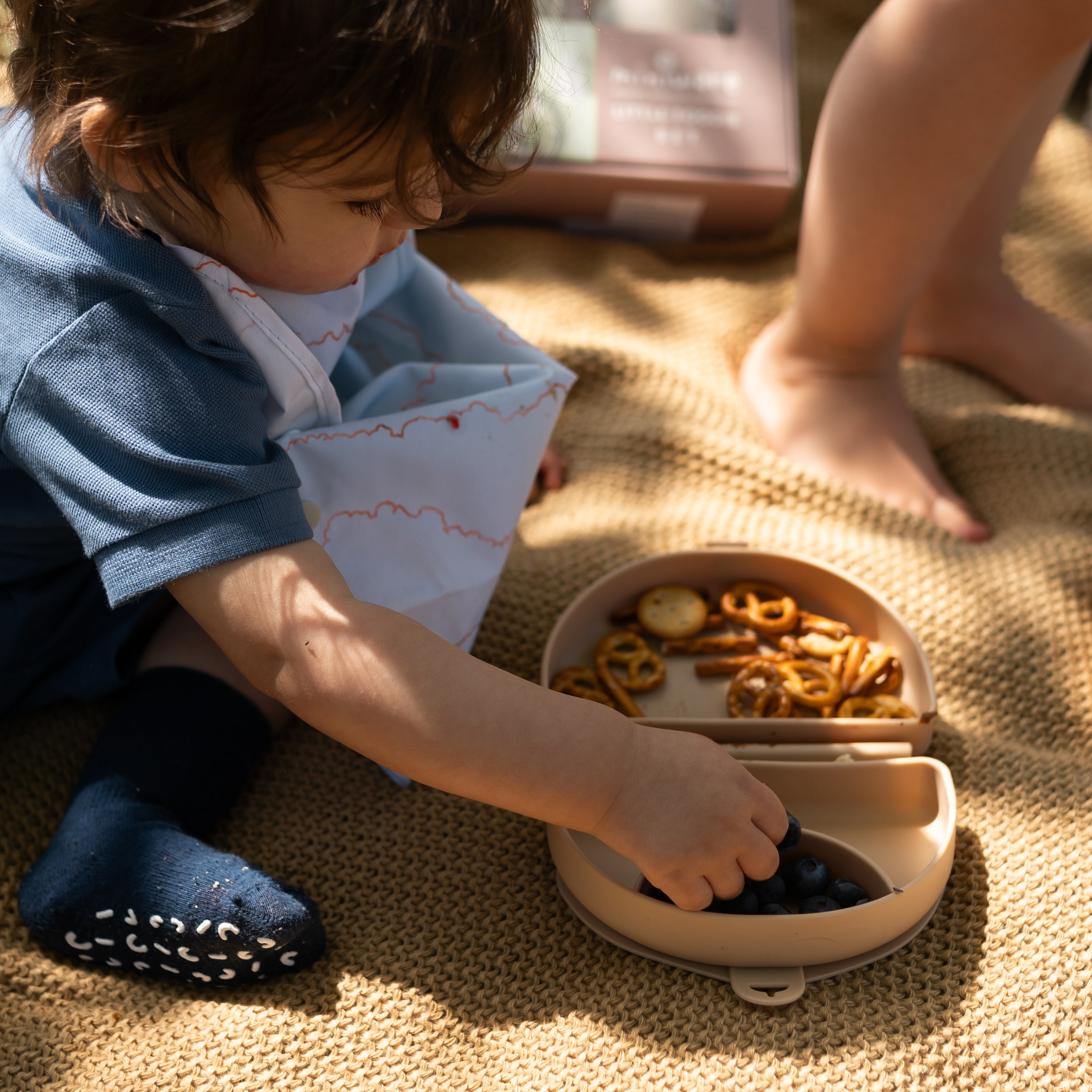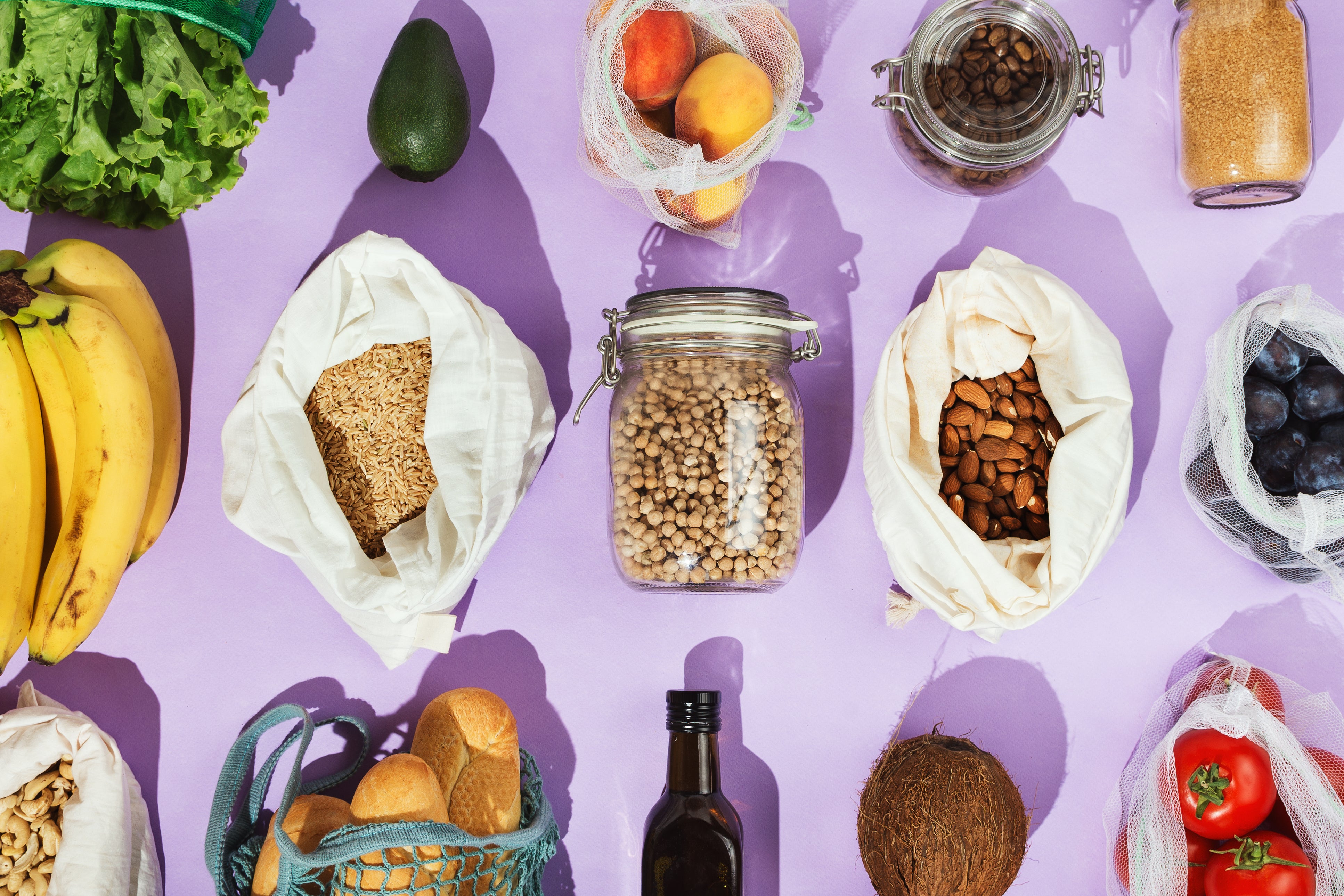It’s not easy to switch an old habit into a new one. We all feel a little bit defeated when we fall behind in our good intentions and New Year’s resolutions, but don’t give up because of little hiccups. When it comes to ECO-friendly, a small step can make a huge impact.
From plastic wrap to containers with short lifespans, it’s common for us to use plastics in the kitchen. Switching to sustainable food storage reduces your carbon footprint, keeps more plastic from entering our oceans and landfills and doesn’t require a big investment of time or money. It’s a win-win! Switching to non-plastic kitchenware also reduces the risk of related health issues from ingesting harmful toxins.
We listed out some areas you can improve your ECO living by a simple switch!
Sustainable Food Storage Ideas
Plastic wrap, as convenient as it may be, was created by a chemical company in the 1940s. It was originally made from toxic PVC material. Now, most plastic wrap is made from LDPE (low-density polyethylene) which is FDA-approved but still raises health concerns, especially when placed on fatty, warm, or hot foods which increase chemical transfer. Fortunately, there are simple, greener, choices available.
One place many people use plastic wrap is in the microwave to eliminate splatter when heating foods. Unfortunately, this is one of the worst places to use it! The heat, plus any food contact makes chemical contamination much more likely.
Another kitchen culprit is plastic storage bags and containers. Not only are they terrible for the environment, but they also shouldn’t be used in the microwave for reheating food for the same reasons as plastic wrap. Plastic can also shatter or break in the freezer. Switching to alternative storage methods isn’t just better for the planet, ultimately it will make your life more convenient!
Here’s how to make some simple switches:
Instead of plastic wrap to cover food in the microwave, switch to glass bowl covers. These safely stop splatter and have the added benefit of being able to head straight into the fridge to cover leftovers too.
Instead of plastic storage containers in the fridge, switch to glass. Thick glass jars are great for storing everything from soups to prepared vegetables and can be found at the supermarket or hardware store in multiple sizes. Use them in the fridge to reduce clutter, keep foods fresh and keep things organized. They look great too!
Instead of storage and sandwich bags, switch to stainless steel. They’re lightweight, come in a variety of sizes and styles and are great for storing small portions an meals. A bento box is an easy way to store leftovers while making it simple to grab and go for lunch the next day.
Instead of foil or plastic wrap to cover foods in the fridge, try beeswax wraps. Similar to plastic wrap yet reusable and non-toxic, beeswax wraps can be molded around cut vegetables and used to seal bowls just by warming it a little in your hands, then just remove, wash and reuse!
Instead of freezer bags, try glass or stainless steel. Thick glass jars are great for freezer storage; just remember not to fill to the top. Leave some room for the contents to expand. Stainless steel is another good choice for the freezer. Freeze large portions in containers and smaller portions in stainless steel ice cube trays or muffin tins, then transfer to a sealable container.
Instead of plastic storage and bags in the pantry, use glass containers and mason jars. Buying bulk can reduce a lot of packaging waste, cardboard, and plastic. Use sealed jars and other glass containers to store pasta, grains, legumes, and other bulk items. For a cool vintage look on your shelves, shop thrift stores to give new life to perfectly good glass storage jars!
From reusable shopping bags to stainless steel straws, there are many ways to reduce the amount of plastic in our kitchens. Fortunately, we have alternatives to plastic and other destructive materials, and more are arriving every day. Like us, other companies are working hard to reduce waste and increase sustainability.
Follow these simple tips and may we wish you a greener and money-saving 2020!
